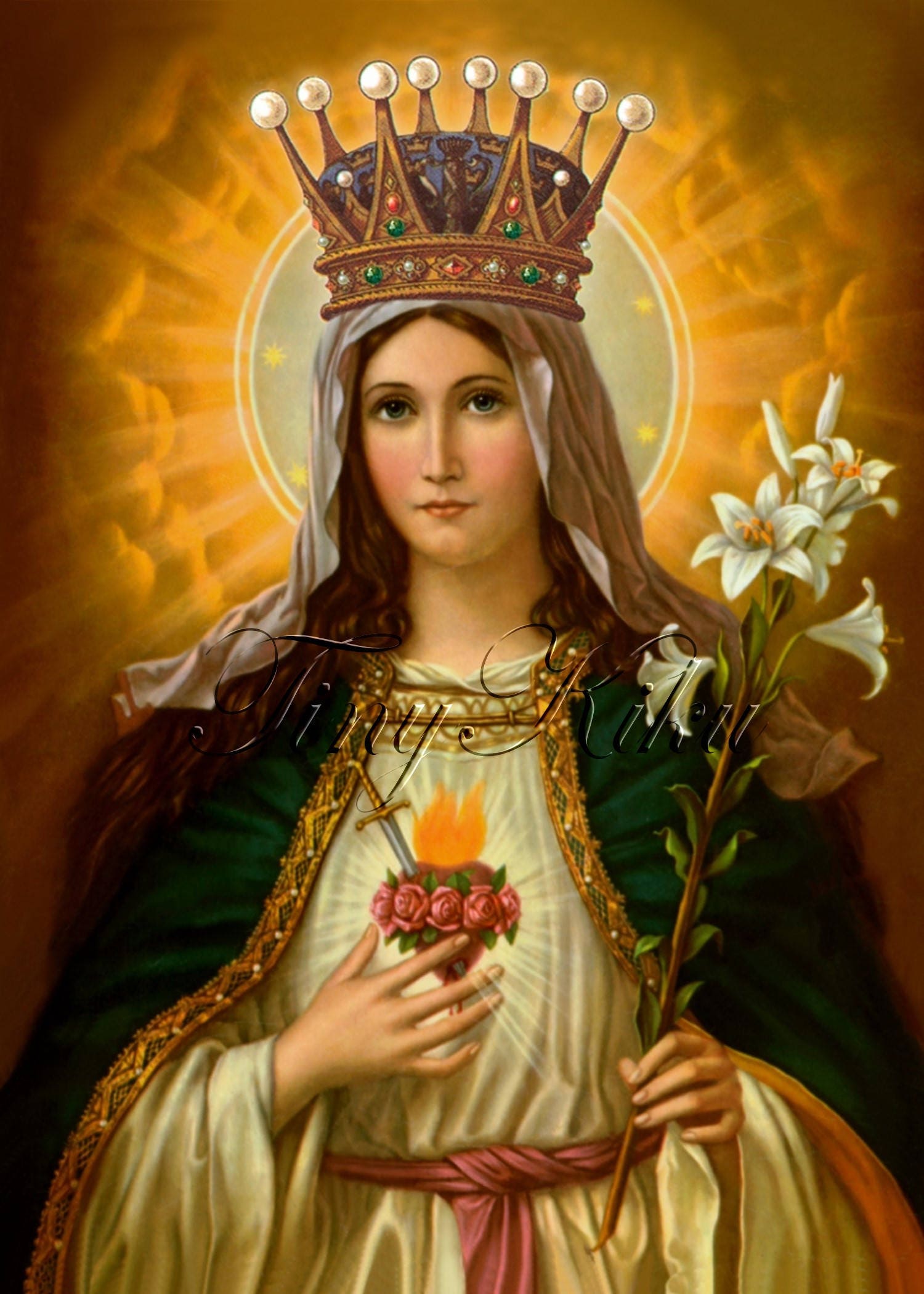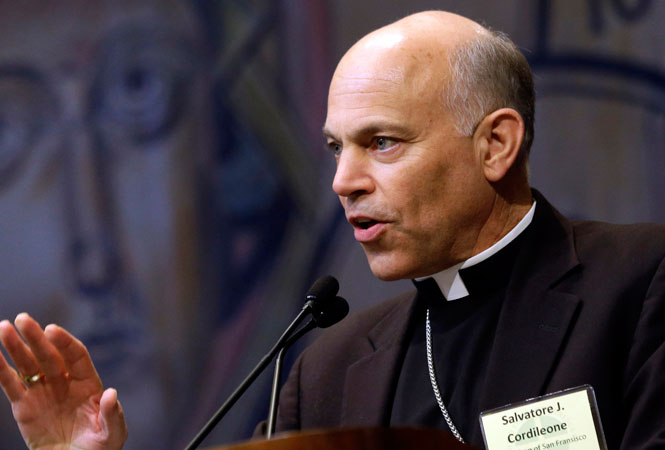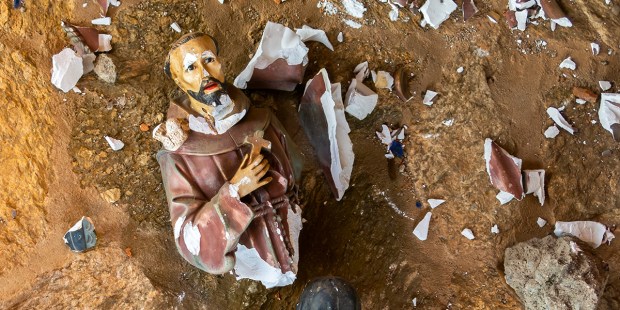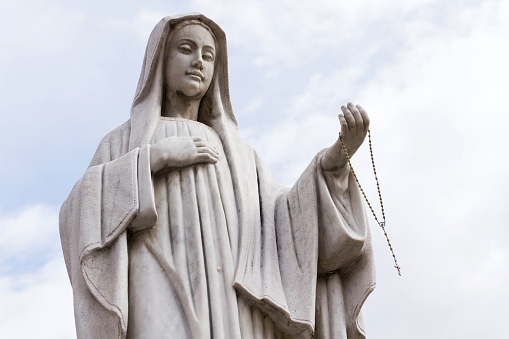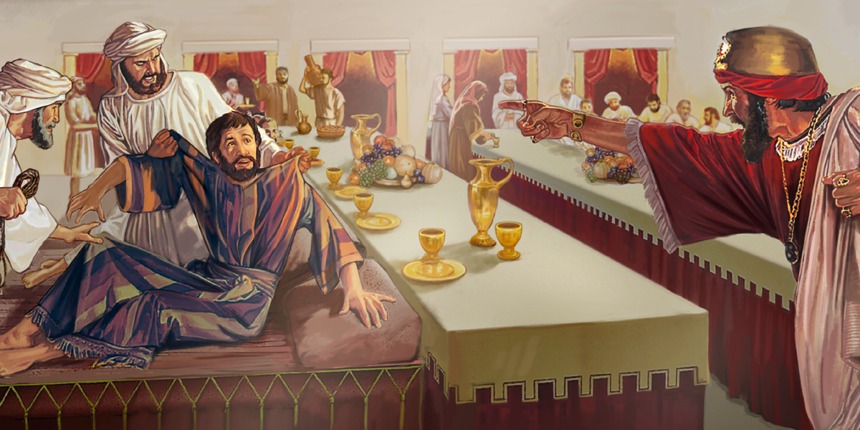Changing Jesus
I came across this rather scathing critique of the popular epic series, The Chosen. As a disclaimer, I enjoy watching The Chosen but I also think Crisis magazine raises some good points cautioning us to not confuse entertainment for dogma. The article does lay it on a bit thick making The Chosen seem like a tool of Satan. This shows how you need to educate yourself and discern all forms of entertainment and information whether it be Crisis Magazine or Angel Studios.
I love watching The Chosen and I think this Crisis Magazine article is being a bit unfair, especially when it targets the production company as being anti-Catholic because they are protestant. There are many inspiring movies and shows created by non-Catholics. Ultimately, we need to remember that this is a form of entertainment. It’s not meant to replace the Mass and the Sacraments. It’s also not meant to replace prayer and catechesis.
It is a dangerous spiritual game for moderns to start dreaming up new, fun, and strangely contemporary scenarios to “humanize” Him for our emotional desires… Catholics forget that the devil is exponentially more intelligent than we are. If we do not adhere strictly to Catholic truth, especially regarding Our Lord and Christology, we will be lost.
Leila Miller (The False Christ of The Chosen – Crisis Magazine)
Understanding The Chosen is Entertainment
The Crisis article sets up a false choice – you either entirely accept or reject the characterization of Jesus and the apostles in The Chosen. I think you can watch The Chosen and be inspired by it similar to watching The Passion of the Christ, The 10 Commandments, Ben Hur, and many other religious movies. None of these movies follow the Bible nor Church teaching to the letter. They all take some creative license because they are movies after all.
This is why it’s so important to learn the Catholic faith. You need to be able to enjoy movies like The Chosen realizing that it’s not doctrine. You can’t watch The Chosen and claim to have studied Scripture. It’s not a substitute for encountering Jesus in prayer. You can’t watch Law and Order thinking you know criminal law. You don’t watch CSI (is that show even still on?) and expect to handle real forensic science. So don’t watch The Chosen believing you have built a strong relationship with God.
Entertaining Theology
If you’re looking to branch out from The Chosen, I suggest watching Life Is Worth Living by Bishop Fulton Sheen. You have to remember that this show was on prime-time TV enjoyed by millions in the 1950’s and 60’s. Imagine ABC broadcasting a show like that now! I watched a few episodes, and his lessons are as relevant today as they were back then. He’s teaching real and deep Catholic theology; not some artistic portrayal of Jesus and the apostles.
Mary’s Prescription to Building Deeper Faith
Finally, I encourage you to meditate on the Fourth Glorious Mystery — Mary’s Assumption into Heaven. I like to think about how Mary is in Heaven acting as our guide. She offers this prescription for forging a deeper relationship with God:
- Prayer
- Fasting
- Reading the Bible
- Confession
- Eucharist
Item #3 is what I’m driving at in this article. You need to learn your faith through the Bible and other Church documents to learn who Jesus is and how he is calling you. If you stop at The Chosen and don’t continue your faith journey as Mary prescribes, you aren’t actually forming a relationship with Jesus. Instead, you’re merely a patron of Angel Studios.








